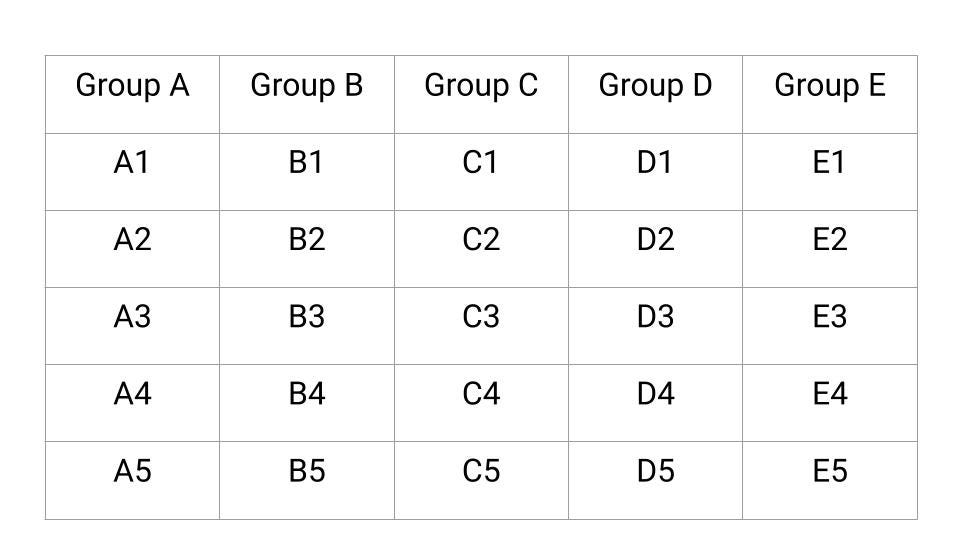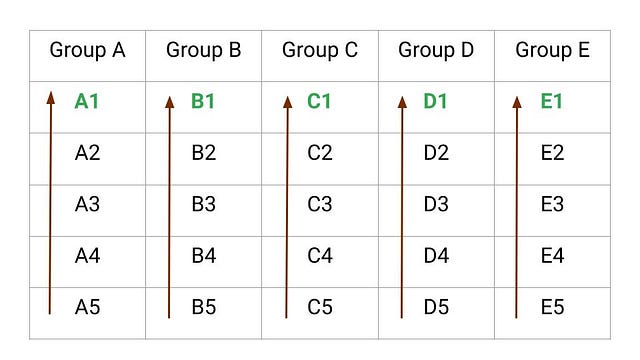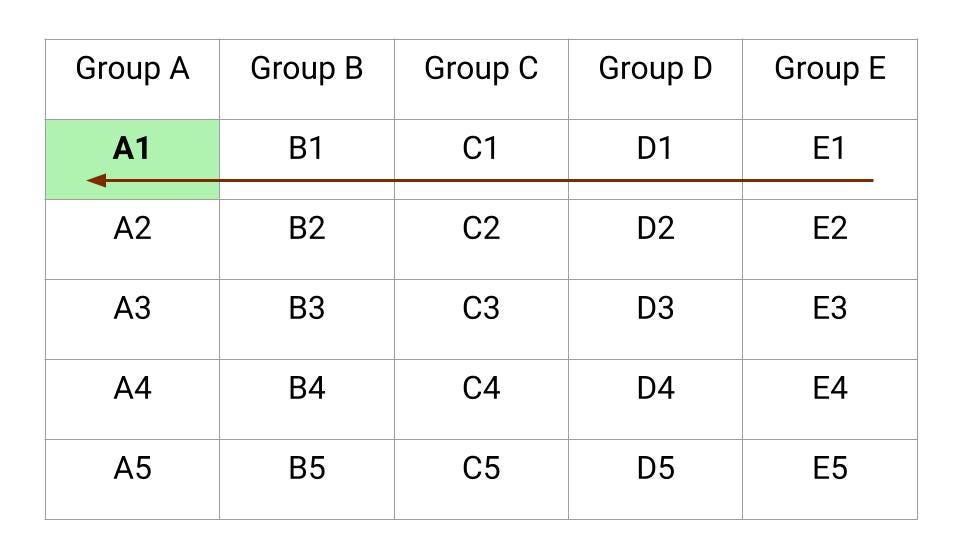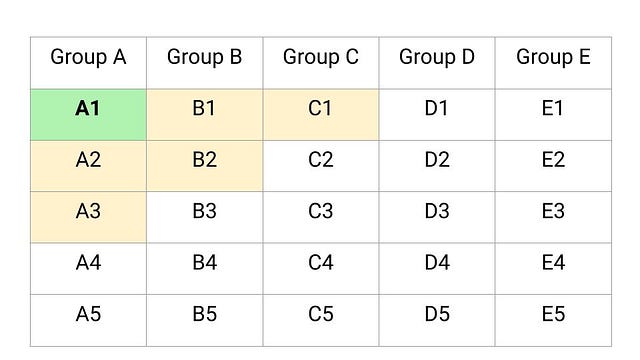There are n+1 people at a party. They might or might not know each other names. There is one celebrity in the group, and the celebrity does not know anyone by their name. However, all the n people know that celebrity by name. You are given the list of people present at the party. And we can ask only one question from each one of them. “Do you know this name”? How many maximum numbers of questions do you need to ask to identify the actual celebrity?
Find out the Fastest 3 Horses
Difficulty: Medium, Asked-in: Google, Amazon
Problem Statement
There are 25 horses among which we need to find out the fastest 3 horses. In each race, only 5 horses can run simultaneously because there are only 5 tracks. What is the minimum number of races required to find the 3 fastest horses without using a stopwatch?
Solution Idea and Steps
We can solve this problem using the idea of elimination. There are 25 horses, and we can only include 5 horses in a race. To know the relative speed of each horse, we need to include all the horses in atleast one race. Think! Here is the step-by-step strategy to identify the top 3 fastest horses.
Step 1: We divided the 25 horses into groups of 5 horses. 
Step 2: First 5 races
Now, we conduct a race in each group to know the relative speed of horses in each group. This would require 5 races. Let’s consider A1, B1, C1, D1, and E1 toppers of those 5 races.

Step 3: 6th Race
Now we can easily decide the faster horse which would be the fastest among the winner of each group. So we make a group of 5 these horses (A1, B1, C1, D1, E1 ) and conduct a race among them. The winner of this race is the fastest horse overall. So after 6 races, we know the fastest horse. Suppose the result is A1 > B1 > C1 > D1 > E1. Now we move forward to find 2nd and 3rd fastest.

Step 4: 7th Race
Now for the 2nd position: B1 and A2 will be the potential candidates. Similarly, for the 3rd position: A2, B1, C1, B2, and A3 are potential candidates. Overall, for the 2nd and 3rd positions: A2, B1, C1, B2, and A3 are the potential candidates.
- B1 and A2 may be second or third
- C1 or B2 OR A3 may be third

In the group of these 5 horses, the winner would be the 2nd fastest, and the horse that comes 2nd in the race would be the 3rd fastest!
So using this procedure, we need 7 races to decide the top 3 fastest horses. But the critical question is: why 7 races minimum? Let's think!
- To find the fastest, we need to run all 25 horses at least once, and since you can only race 5 horses at a time, you need a minimum of 25/5 = 5 races.
- Then we need to compare the winners of these races, which means a 6th race is necessary.
- To find the second and third fastest, we need at least one more race to compare the relative speed of the horses.
Another critical question is: can we generalize this strategy to n^2 horses and n tracks, where we want to find the fastest k horses (k < n)? Let's think!
Enjoy learning, Enjoy thinking!
More blogs to explore
There are 3 doors behind which are two goats and a car. You pick door 1 hoping for the car but don’t open it right away. Monty Hall, the game show host who knows what's behind the doors, opens door 3, which has a goat. Here's the game: do you want to pick door No. 2? Is it to your advantage to switch your choice?
The summation formulas are used to calculate the sum of the sequence. In this blog, we have discussed the visual proofs: the sum of numbers from 1 to n (arithmetic series), the sum of infinite geometric series, the sum of squares of numbers from 1 to n, etc.